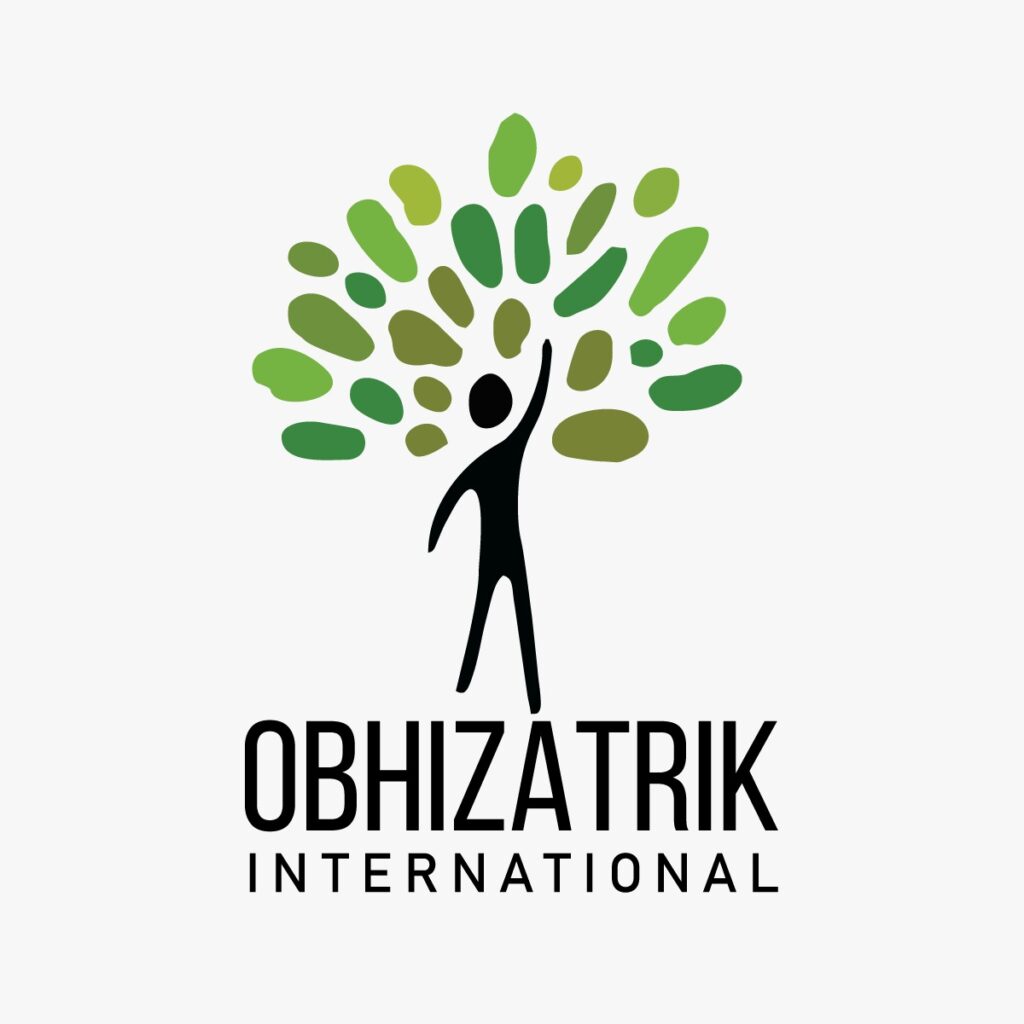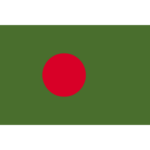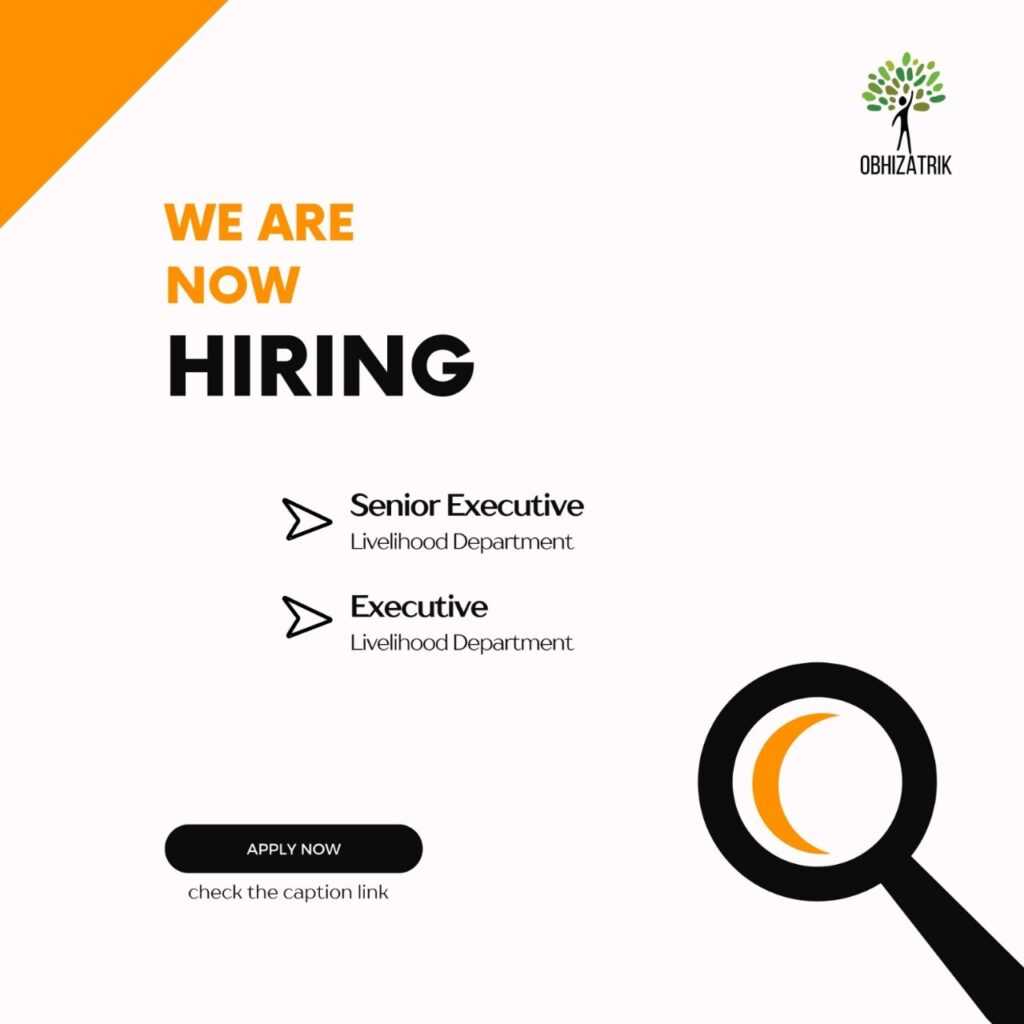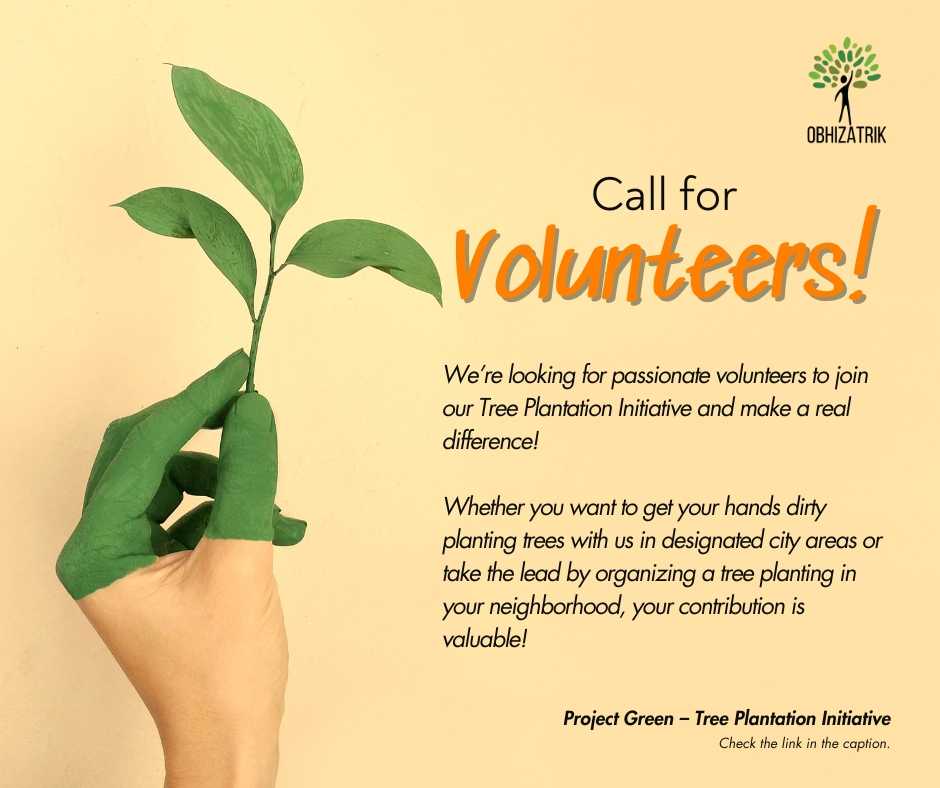
- +8801701666309
- [email protected]
Livelihood
Bangladesh has been a witness to a myriad of innovative anti-poverty interventions, with microcredit and conditional cash transfers standing out as globally acclaimed initiatives. While these efforts have made significant strides in transforming the realities of poverty, the battle against extreme poverty remains far from won. Temporary relief measures, such as food and clothing assistance, provide only short-term respite, often failing to reach those in dire need. To truly address poverty, the focus must shift towards building sustainable livelihoods that empower individuals in the long run. In this larger fight against poverty, financial empowerment has emerged as a key strategy.
Under our sustainable livelihood program, we have three distinct projects: SHOKKHOM, SHOKKHOM Model Village (SMV), and Shakti- End Ultra Poverty Program.
The SHOKKHOM project began as a small-scale experimental initiative aimed at creating sustainable income sources for two impoverished families whose children were beneficiaries of our educational program. Launched in June 2016, the project relied on funds contributed by individual donors. The subsequent study exploring the utilization of individual funds, CSR funds and Zakat funds to promote sustainable livelihoods for the extremely poor across various locations in Bangladesh has yielded remarkable insights and inspiration. Derived from the Bengali word meaning skillful or competent in a specific profession, SHOKKHOM is a sustainable livelihood program that seeks to eradicate poverty and ensure a sustainable life for the disadvantaged and destitute. In the Islamic community, Muslims are obliged to annually contribute a percentage of their wealth, known as Zakat, as prescribed by Islamic law. In Bangladesh, the prevailing practice is to utilize Zakat funds to purchase clothing and food for distribution to the poor, resulting in momentary happiness without bringing about substantial development in their lives. To ensure the appropriate utilization of Zakat funds, individual donations and CSR funds, we initiated the SHOKKHOM project.
According to a study conducted by Dr. Kabir Hassan, a professor at the University of New Orleans, it has been estimated that Bangladesh can potentially generate BDT 25,000 crore of Zakat funds each year. If distributed effectively, this significant fund could provide each extremely poor family with 2 million BDT, offering a substantial opportunity to combat poverty in a sustainable manner. By harnessing the potential of Zakat as a social security system, similar to the initiatives undertaken by the OBHIZATRIK Foundation, Bangladesh can break free from the vicious cycle of poverty and emerge as a self-sufficient and prosperous nation.
Furthermore, our organization has extended its work to various communities, including the disabled, transgender, and indigenous communities, with the aim of creating sustainable livelihoods and fostering self-reliance within these groups. As part of this process, OBHIZATRIK Foundation initiated the SHOKKHOM Model Village (SMV) project, an envisioned self-contained and self-sufficient village. The objective of this initiative is to eliminate poverty from underprivileged villages by creating sustainable livelihood models for all able-bodied residents living below the poverty line. Through this project, every member of the village becomes an integral part of a scheme that ensures access to basic facilities, enabling them to lead healthy, joyful lives with socio-economic and financial stability.
Shakti- End Ultra Poverty Progranm is specifically designed to uplift ultra-poor households from extreme poverty to a more stable state. Over the course of 24 months, this comprehensive project provides beneficiaries with a holistic range of services, including livelihood trainings, productive asset transfers, consumption support, savings plans, and healthcare. By investing in this multifaceted approach, the project strives to break the cycle of dependence on long-term safety net services. Our target group is the ultra-poor population with a daily income below 1.9 USD or a monthly income below 1600 BDT, predominantly residing in rural areas. Rural-urban disparities in Bangladesh remain stark, with technological advancements, industrialization, and educational institutions primarily concentrated in urban centers. Consequently, rural areas are often deprived of such development projects, despite accommodating 65% of the country’s population.
Through our multifaceted and sustainable interventions, we endeavor to uplift individuals and communities, transforming lives and fostering a future where poverty is defeated, and every individual has the opportunity to thrive. By addressing the root causes of poverty and empowering individuals to build prosperous livelihoods, we aim to create a more equitable and prosperous Bangladesh.
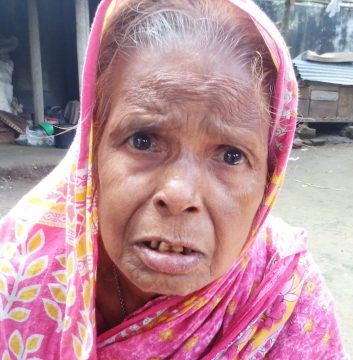
Donate a Pair of Goats for shomottyo Banu
30,000৳
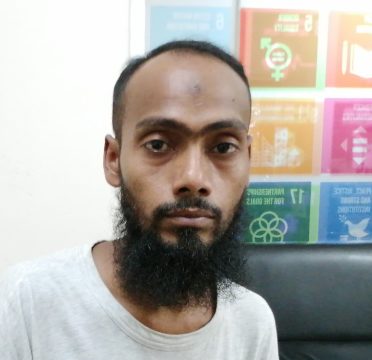
Donate a Van for Salauddin
23,000৳
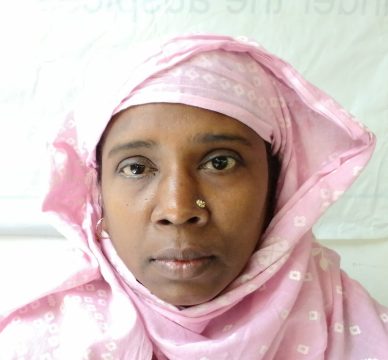
Donate a Sewing Machine for Sufia Begum
15,000৳
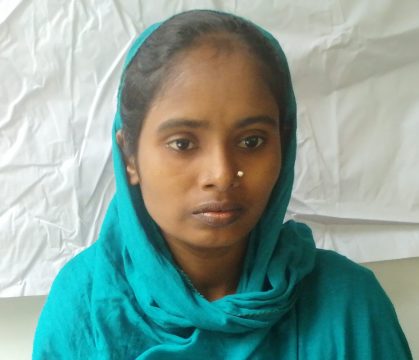
Donate a Sewing Machine for Shumi
15,000৳
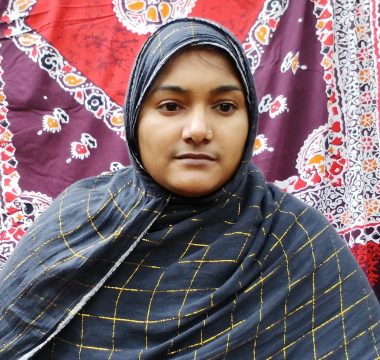
Donate a Pair of Goats for Sonia
30,000৳
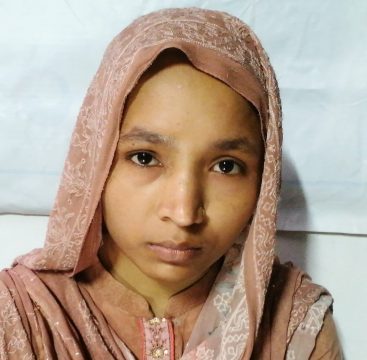
Donate a Sewing Machine for Shohagi Akter
15,000৳
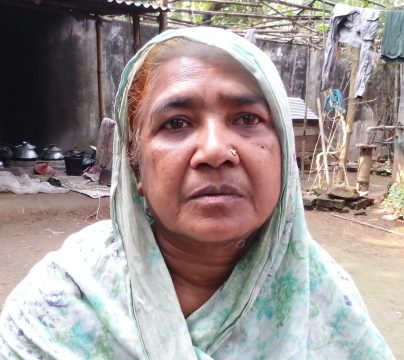
Donate a Pair of Goats for Halima
30,000৳
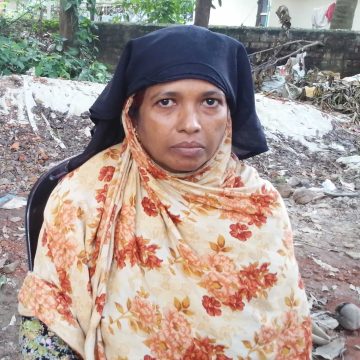
Donate a Cow for Hajera Begum
80,000৳
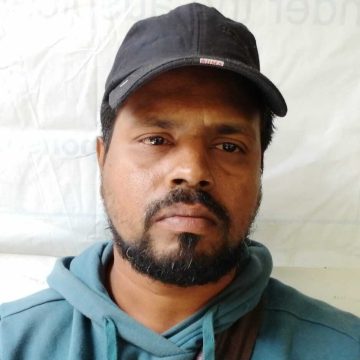
Donate an Autorickshaw for Md. Delwar Hossain
125,000৳
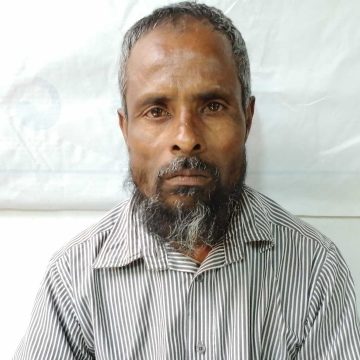
Doante a Rickshaw for Dulal Mia
27,000৳
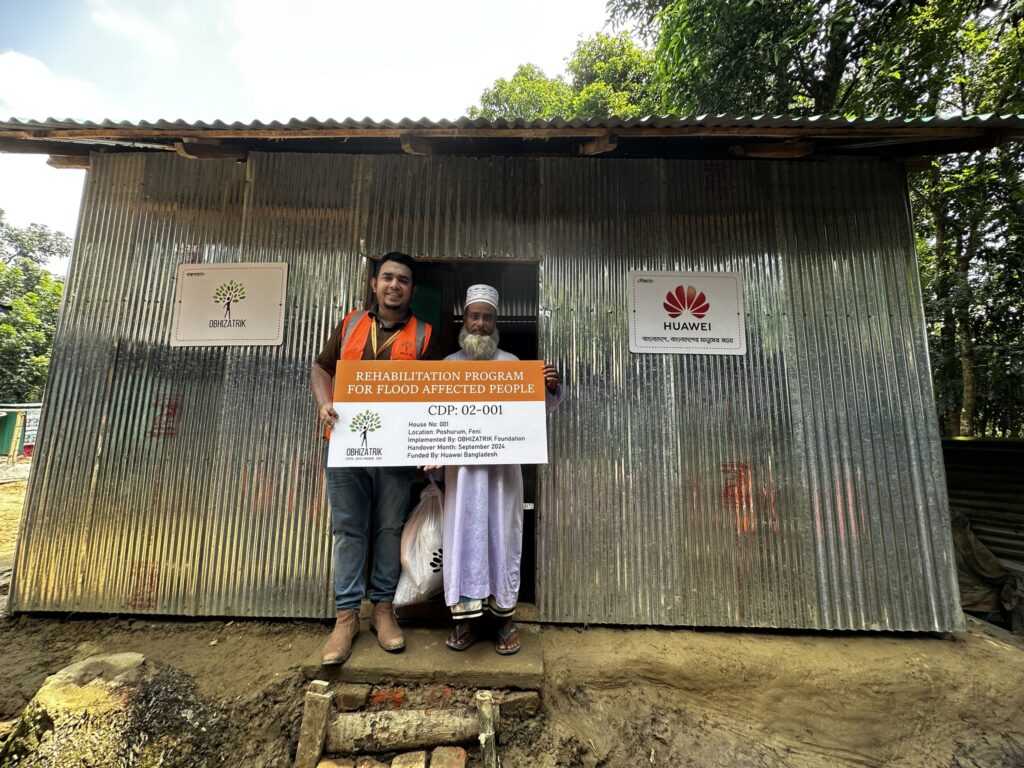
OBHIZATRIK’s Ongoing Efforts in Flood Recovery: Rehabilitation, Community development & Livelihood generate
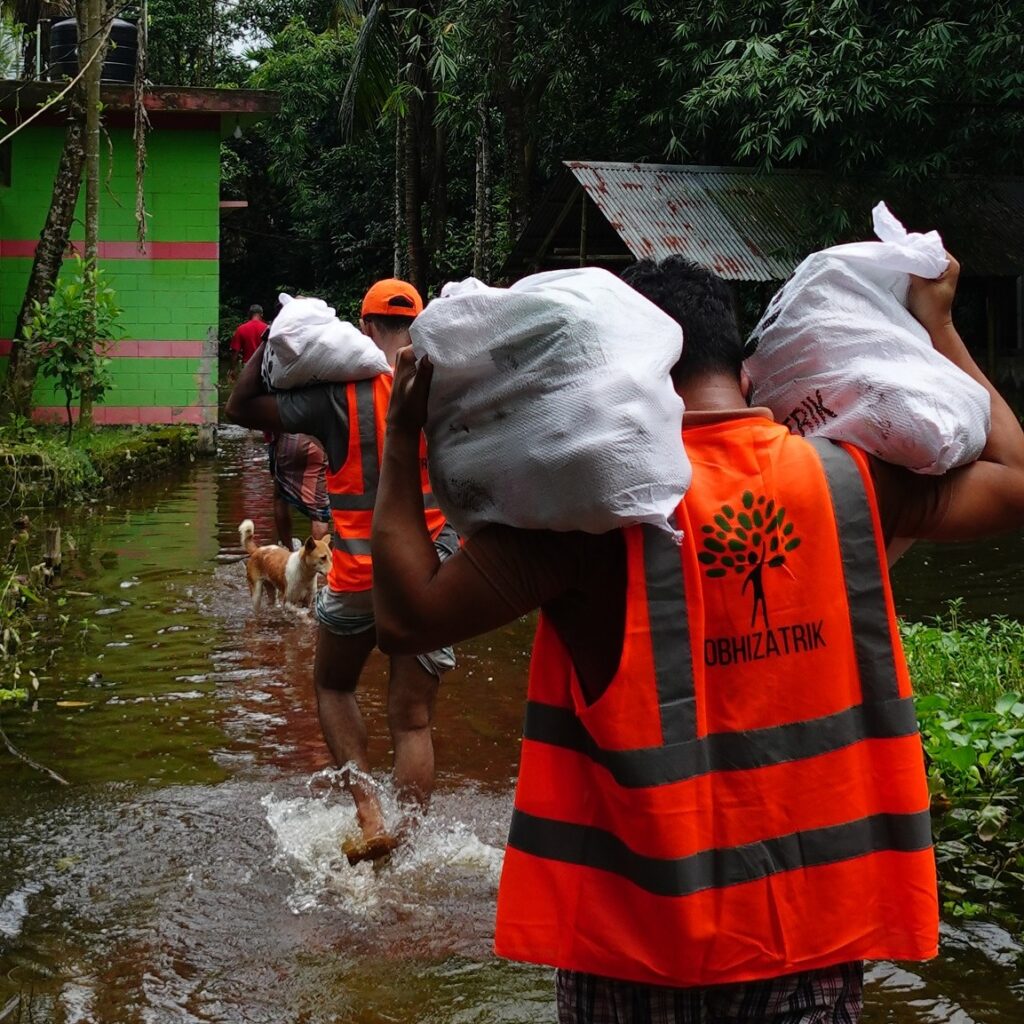
Humanitarian Response to Bangladesh’s Devastating Floods: OBHIZATRIK’s Emergency Response and Recovery Efforts
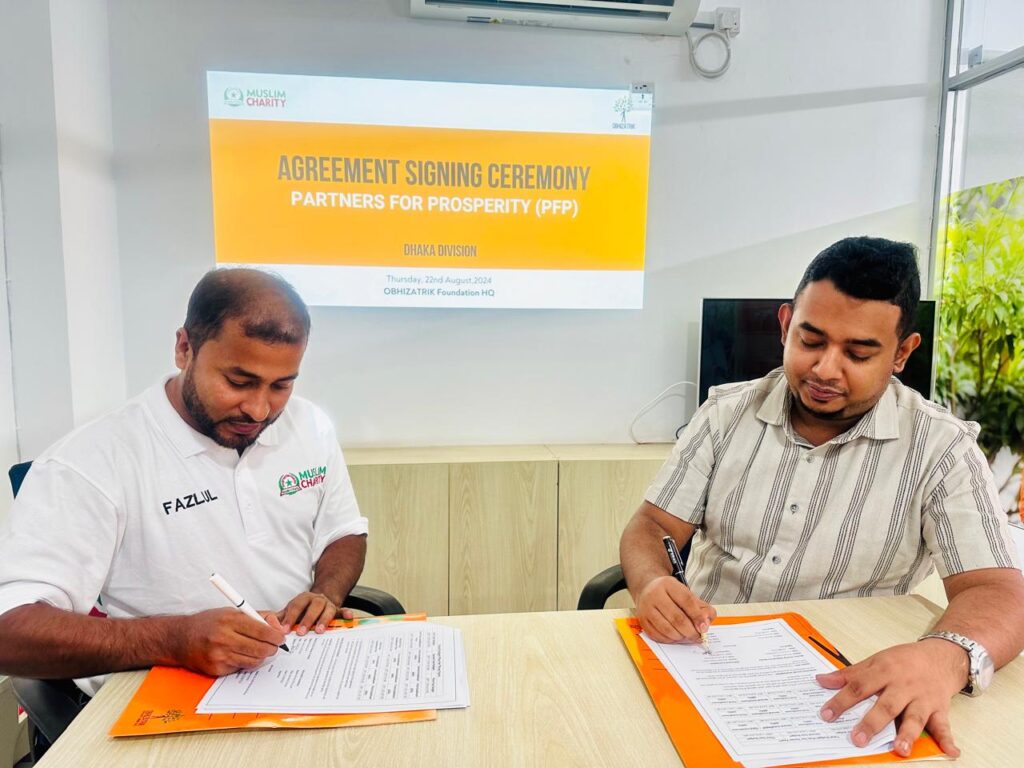
OBHIZATRIK and Muslim Charity UK Join Hands for ‘Partners for Prosperity’ Project in Bangladesh
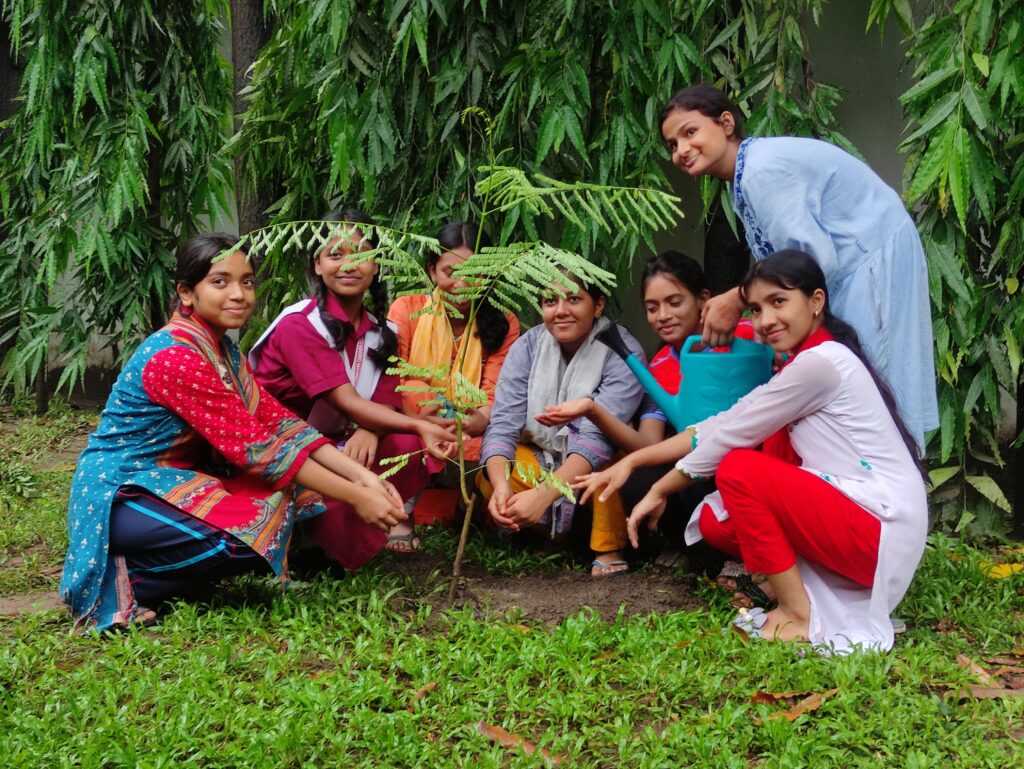
Cultivating a Greener Future: Celebrating Project Green Success by Planting more than 5000 trees in Dhaka City
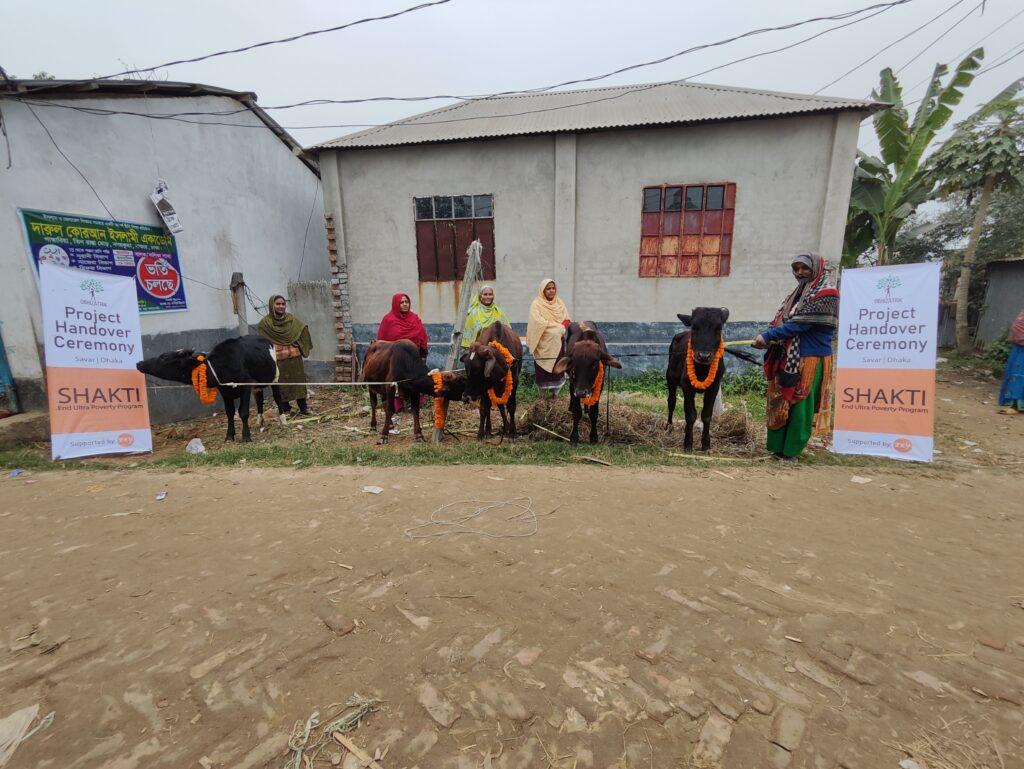
Empowering Women Through Livelihood: Project Shakti’s EUPP Initiative Marks a Milestone in Poverty Eradication
